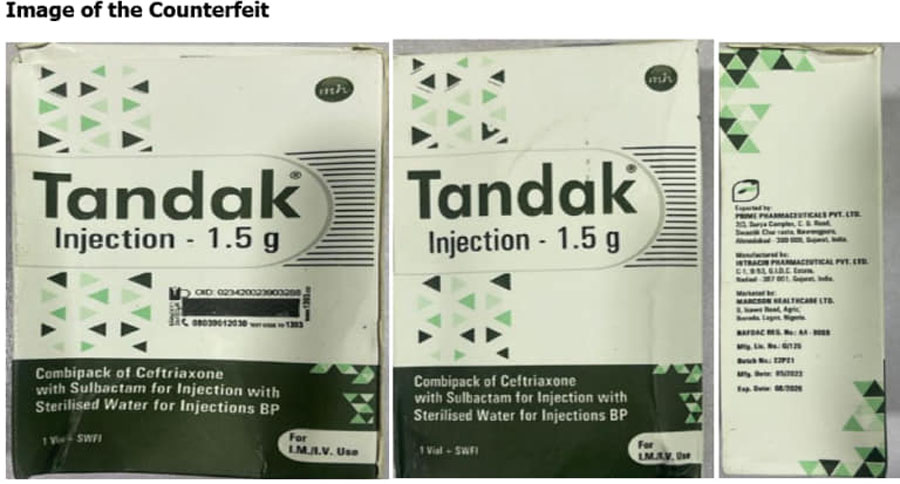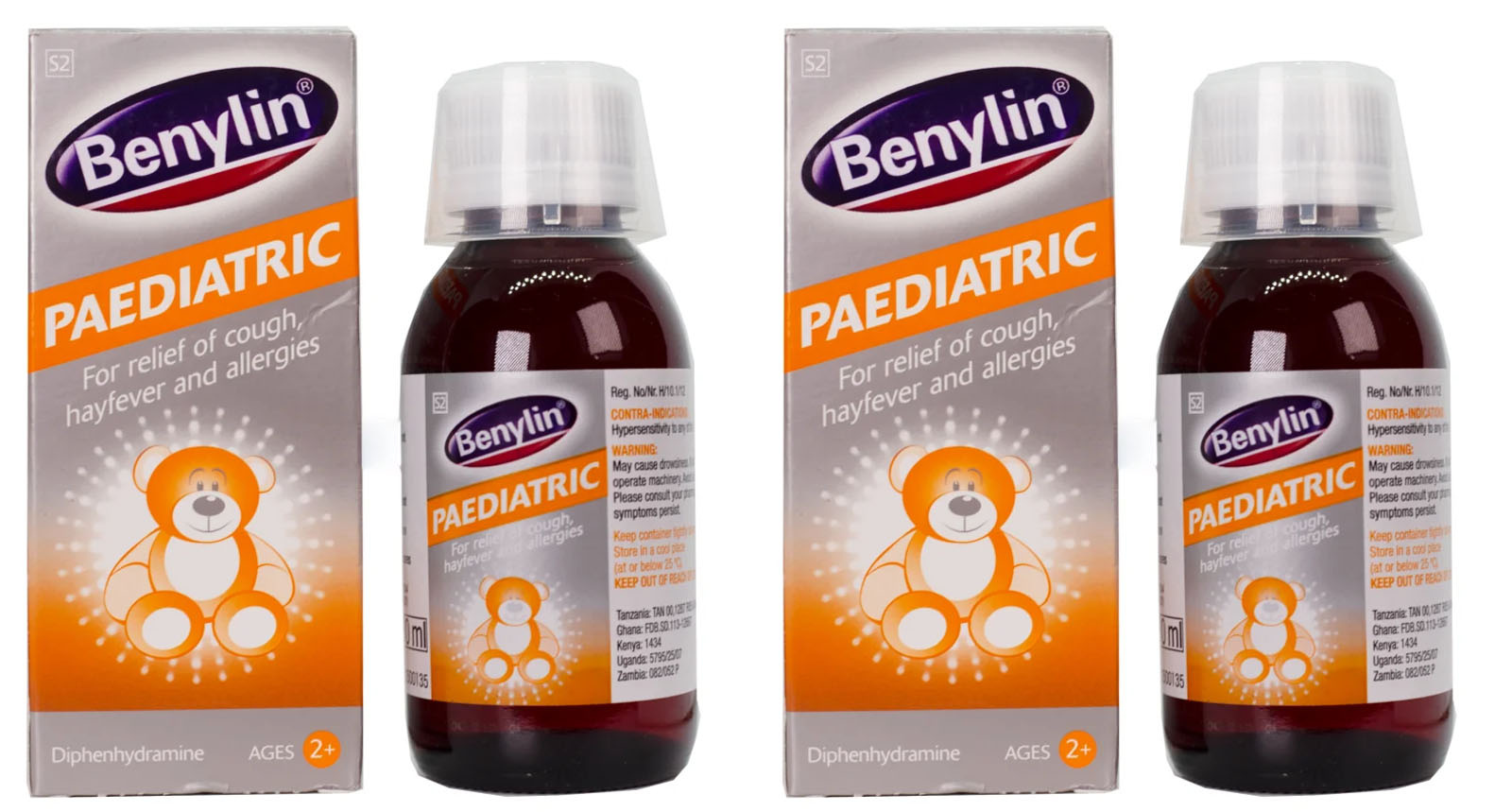Pregnant people are being exposed through various household products to toxic compounds that can increase the risk of cancer and harm child development, a new study has found.
Scientists identified two such compounds — the industrial chemical melamine and its byproduct cyanuric acid — in the urine of almost all the pregnant subjects they tested, with the highest levels occurring in women of color and in those with greater exposure to tobacco.
Four types of chemicals used in dyes, called aromatic amines, were also present in the urine of nearly all pregnant participants, according to the study, published in Chemosphere on Tuesday.
“These chemicals are of serious concern due to their links to cancer and developmental toxicity, yet they are not routinely monitored in the United States,” co-senior author Tracey Woodruff, a professor of obstetrics, gynecology and reproductive medicine at the University of California, San Francisco, said in a statement.
Woodruff and her colleagues decided to investigate the presence of melamine, its derivative cyanuric acid and aromatic amines because they are all nitrogen-containing compounds with known toxicity and widespread commercial use.
READ ALSO:
The production of cyanuric acid and melamine exceeds 100 million pounds per year in the U.S. alone, according to the authors. Melamine is found in dishwater, plastics, flooring, kitchen counters and pesticides, while cyanuric acid is used as a disinfectant, plastic stabilizer and cleaning solvent in swimming pools, the scientists noted.
When exposure to melamine and cyanuric acid chemicals happens simultaneously, they can be more toxic than either one alone, the authors cautioned.
Aromatic amines, meanwhile, are present in hair dyes, mascara, tattoo ink, paint, tobacco smoke and diesel exhaust.
Despite the prevalence of these chemicals in household products, the authors stressed that biomonitoring of the chemicals is lacking, particularly during pregnancy.
Melamine was recognized as a kidney toxin after baby formula and pet food poisoning events in 2004, 2007 and 2008 left several individuals dead and caused kidney stones and urinary tract obstructions in others, according to the authors.
Additional research from animal experiments, they added, has suggested that melamine impedes brain function.
To draw their conclusions in the Chemosphere study, the researchers measured 45 chemicals linked to cancer and other health risks in urine samples from a small but diverse group of 171 pregnant people.
The subjects had participated in the National Institutes of Health’s Environmental Influences on Child Health Outcomes Program between 2008 and 2020.
The 171 participants came from California, Georgia, Illinois, New Hampshire, New York and Puerto Rico, according to the study.
About 34 percent of them were white, 40 percent were Latina, 20 percent were Black, 4 percent were Asian and the remaining 3 percent were from other or multiple ethnicities.
Levels of one of the aromatic amines, 3,4-dichloroaniline, were more than 100-percent higher among Black and Hispanic women in comparison to white women, the study found.
“It’s disconcerting that we continue to find higher levels of many of these harmful chemicals in people of color,” study co-senior author Jessie Buckley, an associate professor at Johns Hopkins Bloomberg School of Public Health, said in a statement.
Giehae Choi, a postdoctoral fellow at the Bloomberg School of Public Health and first author of the study, stressed that their observations “raise concerns for the health of pregnant women and fetuses.”
“Some of these chemicals are known carcinogens and potential developmental toxicants,” Choi added. “Regulatory action is clearly needed to limit exposure.”
Related











































